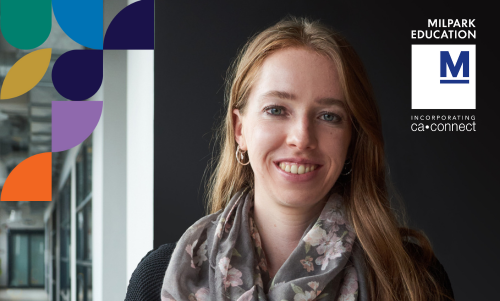Resilience is an unexpected and positive outcome on the PGDA journey, along with the realisation that despite the journey being difficult, you never gave up. Students often finish the year with more than just academic knowledge and technical competence; they leave with a deeper understanding of themselves, including how they manage stress, recover setbacks, and adapt under pressure. This resilience will continue to serve students throughout their careers and lives.
These emotions and experiences are commonly felt by PGDA students. If you’re in the middle of this journey, or about to begin, know this: your emotions are valid and, often, widely shared by your peers. It’s normal to feel overwhelmed, uncertain, or even discouraged at times. It doesn’t mean you’re not capable – it means you’re human, and that you’re pushing yourself through a demanding academic journey.
While the journey is tough, it’s also profoundly transformative. It challenges you, yes – but it also shapes you. It forces you to dig deep, to build new habits, and to discover strengths you may not have realised you had. And, most importantly, you're not walking it alone.
You are part of a community of students, lecturers and mentors who understand what you’re going through and who want to see you succeed. Reach out, lean on that support, and take it one step at a time. You are more capable than you know! So, take a deep breath, take a break when needed, and remember why you started.
Every challenge you’re facing now is shaping the professional – and the person – you’re becoming. The PGDA year may test you, but it will also equip you with emotional tools that cannot be learnt from a textbook.

![Umbraco.Cms.Core.Models.MediaWithCrops`1[Umbraco.Cms.Web.Common.PublishedModels.Image]](/media/djmfi2ej/lauren.png)